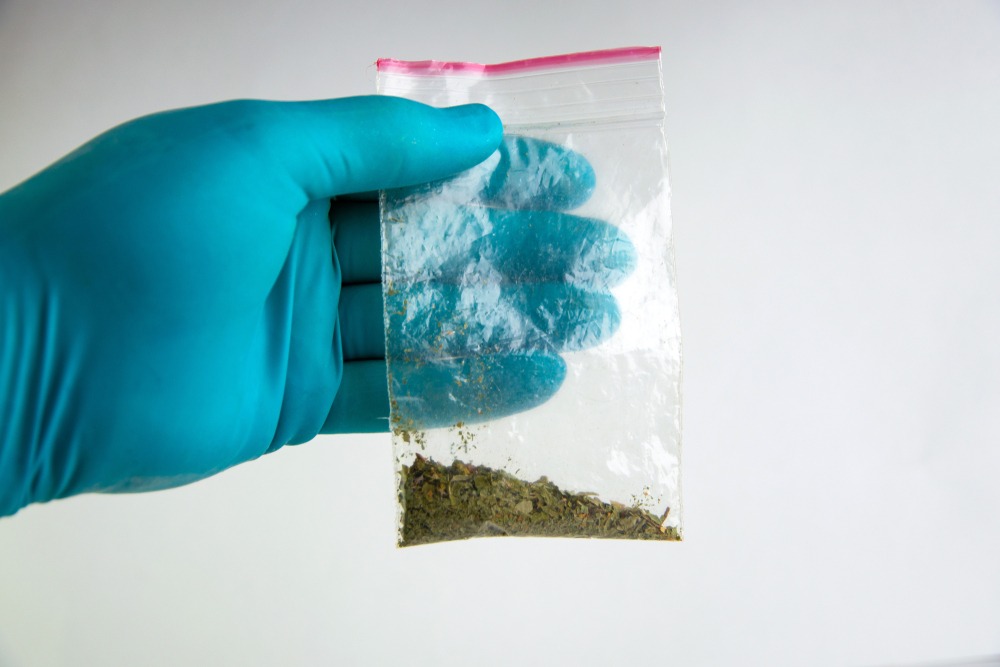Examining the Promising Applications and Positive Influences of Spice as a Synthetic Cannabinoid
In recent times, the expedition of synthetic cannabinoids, especially Seasoning, has triggered intriguing discussions within the clinical and scientific communities. The potential applications and influences of Flavor in different therapeutic setups have attracted attention for their unique buildings and impacts on the body. As study dives much deeper into this synthetic substance, revealing its similarities and disparities with all-natural cannabinoids, a nuanced understanding of its benefits and difficulties arises. This conversation intends to clarify the encouraging opportunities that Seasoning provides in the realm of medical care and wellness, prompting a reevaluation of traditional approaches to cannabinoid-based treatments.
Restorative Potential of Seasoning
Discovering the healing possibility of Spice, an artificial cannabinoid, entails an important exam of its medicinal residential properties and possible medical applications. Flavor, likewise known as artificial marijuana, connects with the endocannabinoid system in a fashion comparable to all-natural cannabinoids, such as those discovered in cannabis. This interaction leads to different physical impacts that have triggered interest in its restorative possibilities.
Research studies have shown that Spice might have possible as an analgesic, aiding to alleviate discomfort in problems such as neuropathic discomfort or chronic inflammatory discomfort - Buy K2 Paper For Sale. Additionally, its communication with cannabinoid receptors provides an opportunity for exploring its use in taking care of signs and symptoms of conditions like multiple sclerosis or chemotherapy-induced nausea and throwing up

Pain Monitoring Advantages
Seasoning, a synthetic cannabinoid, displays encouraging capacity suffering monitoring because of its analgesic residential properties and interactions with the endocannabinoid system. The analgesic homes of Seasoning come from its ability to modulate discomfort understanding paths, providing alleviation from different types of discomfort, including neuropathic, inflammatory, and nociceptive pain. By targeting the endocannabinoid system, Seasoning can manage discomfort signals, minimize inflammation, and relieve pain related to persistent pain problems.
Researches have revealed that Spice can successfully minimize pain strength and enhance discomfort resistance in preclinical designs of discomfort. This synthetic cannabinoid has actually demonstrated efficacy in managing discomfort signs and symptoms without causing substantial adverse results generally related to conventional pain medicines. Additionally, Seasoning shows potential in reducing opioid dependence and misuse, using a more secure alternative for discomfort monitoring.
Neuroprotective Qualities
Artificial cannabinoids like Spice have actually been progressively acknowledged for their potential neuroprotective homes in mitigating neuronal damages and promoting mind wellness. Research studies recommend that these compounds might use neuroprotection through numerous systems, consisting of antioxidant impacts, anti-inflammatory properties, and inflection of neurotransmitter launch. By interacting with the endocannabinoid system in the mind, synthetic cannabinoids can control neuronal task and potentially lower the impact of neurodegenerative conditions or injuries.
One key element of the neuroprotective residential or commercial properties of Seasoning is its ability to modulate get more excitotoxicity, a procedure wherein extreme excitement of neurons causes cell damages or death. By controling natural chemical release and moistening excitotoxic signaling paths, artificial cannabinoids may assist guard neurons from dangerous overstimulation. In addition, the anti-inflammatory impacts of Seasoning might minimize neuroinflammation, which is frequently linked in numerous neurological disorders.
Comparative Analysis With All-natural Cannabinoids
In contrasting the neuroprotective residential properties of artificial cannabinoids like Flavor with those of natural cannabinoids, a nuanced assessment of their respective effects on neuronal health is essential. All-natural cannabinoids, such as those located in the cannabis plant, have been extensively examined for their neuroprotective impacts. These substances connect with the endocannabinoid system in the body, which plays a vital role in preserving neuronal function and safeguarding against neurodegenerative illness.

Governing and Honest Considerations
Thinking about the potential implications on human wellness and health, an assessment of regulative and ethical factors to consider check my site bordering using synthetic cannabinoids contrasted to all-natural cannabinoids is critical. Artificial cannabinoids, like Flavor, present unique obstacles as a result of their usually unidentified chemical make-ups and effectiveness variations. Regulative bodies deal with the difficult task of staying up to date with the quick development of new artificial cannabinoid compounds, which can make it difficult to apply constant and effective guidelines.

To address these regulatory and moral obstacles, policymakers need to prioritize research study into the long-term results of synthetic cannabinoids and develop clear standards for their production, sale, and usage. Moreover, education campaigns are important to educate the general public about the risks related to artificial cannabinoids and advertise responsible consumption techniques. By taking proactive procedures, society can much better secure against the possible injuries positioned by synthetic cannabinoids while supporting honest standards and shielding public wellness.
Conclusion
Finally, the examination into the healing capacity of spice as a synthetic cannabinoid has actually revealed encouraging lead to pain monitoring and neuroprotection. Comparative analysis with natural cannabinoids recommends comparable advantages. However, regulative and honest factors to consider must be very carefully checked out before widespread use. On the whole, the favorable influences of seasoning as a synthetic cannabinoid warrant further research study and exploration in the medical field.